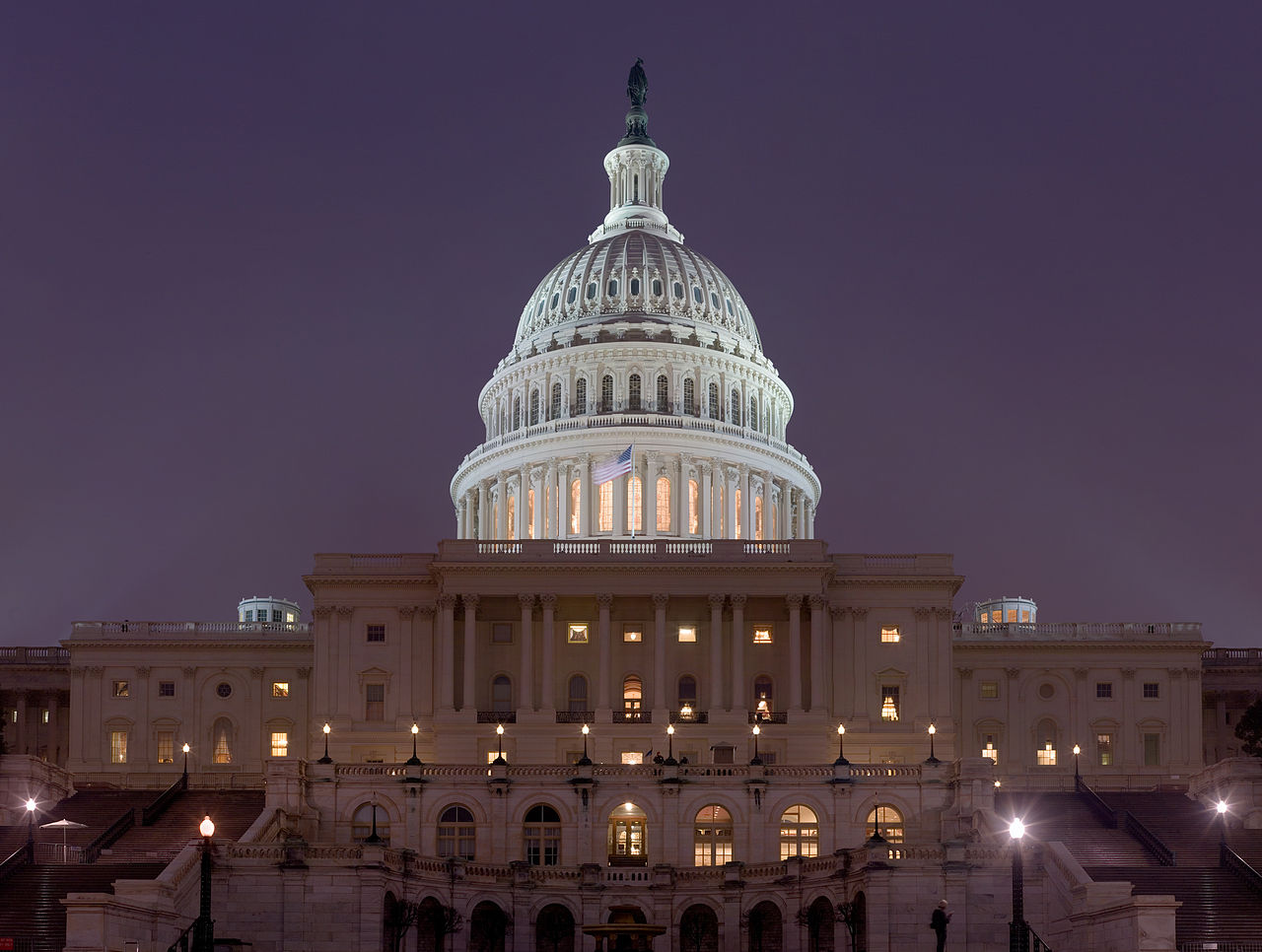It seems like an eternity ago, but it was just 6 months ago that Trump gave Congress a hard deadline to “do something” about DACA. That deadline was March 5.
4 days ago.
And yet somehow the world continues to turn. This episode of yet another “hard deadline” is nothing new. Politicians use this flawed logic all the time. And more often than not, it has extremely negative results.
Creating a sense of immediacy is a sales tactic that has been used for ages. And while it may work well for selling blenders on TV (“ORDER NOW and get this magic blender cleaning thingy for FREE!”), it has terrible consequences when used in public policy making.
Burning the Midnight Oil
It’s a scientific fact – you do not think as clearly in the dead of night after being up for a whole day. Yet despite this fact, we constantly hear about Congress passing legislation in the middle of the night because of some “hard deadline”. Indeed, some studies seem to show that a lack of sleep puts your brain in the same state as being drunk.
Come to think of it, that actually explains a lot.
When it comes down to it, the federal government was designed to have very little impact on the daily lives of the citizens. Therefore, we know people are lying when they try to convince you of the necessity of passing a government regulation or new law as a matter of life and death.
The latest government shutdown was a perfect example of this. So are the constant calls for unconstitutional gun regulations in response to tragedies. So was the passage of Obamacare.
Every time a new budget deal deadline approaches, politicians and the media hype the scary consequences of not meeting the deadline. Yet, life goes on whether or not the deadline is met.
A Glacial Government
Believe it or not, government was designed to operate slowly. We’ve all heard the saying, “Haste makes waste.” Government operating on “hard deadlines” demonstrates this concept perfectly. However, when government takes its time and deliberates slowly over things that will have profound impacts on national policy, we see far better results.
It tooks 4 months to hammer out the Constitution. Then it took another 3 months for the first state (Delaware) to ratify it. Another 10 months went by before the requisite 9th state (New Hampshire) approved the document. 16 months. That’s pretty slow. But 230 years later, it seems to have worked out pretty well.
This is not to say that there are not times for government to act swiftly and decisively (such as times of war). However, if government is focused on protecting our rights (its one and only job) speed will not be its main objective.
“Pass Now or DIE!”
So next time you see someone talking about a hard deadline, ask them, “What happens if we don’t?”
When someone tells you that we must pass whatever legislation “RIGHT NOW”, tell them, “No really, we should take our time. America has managed to survive for 230 some odd years without it, I think we can survive until you have time to actually read the thing.”


















